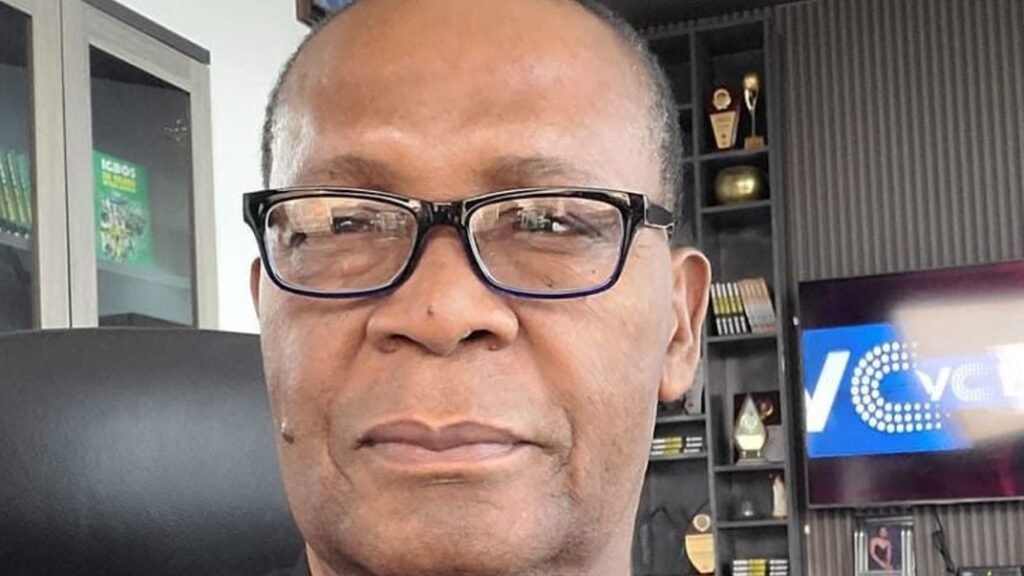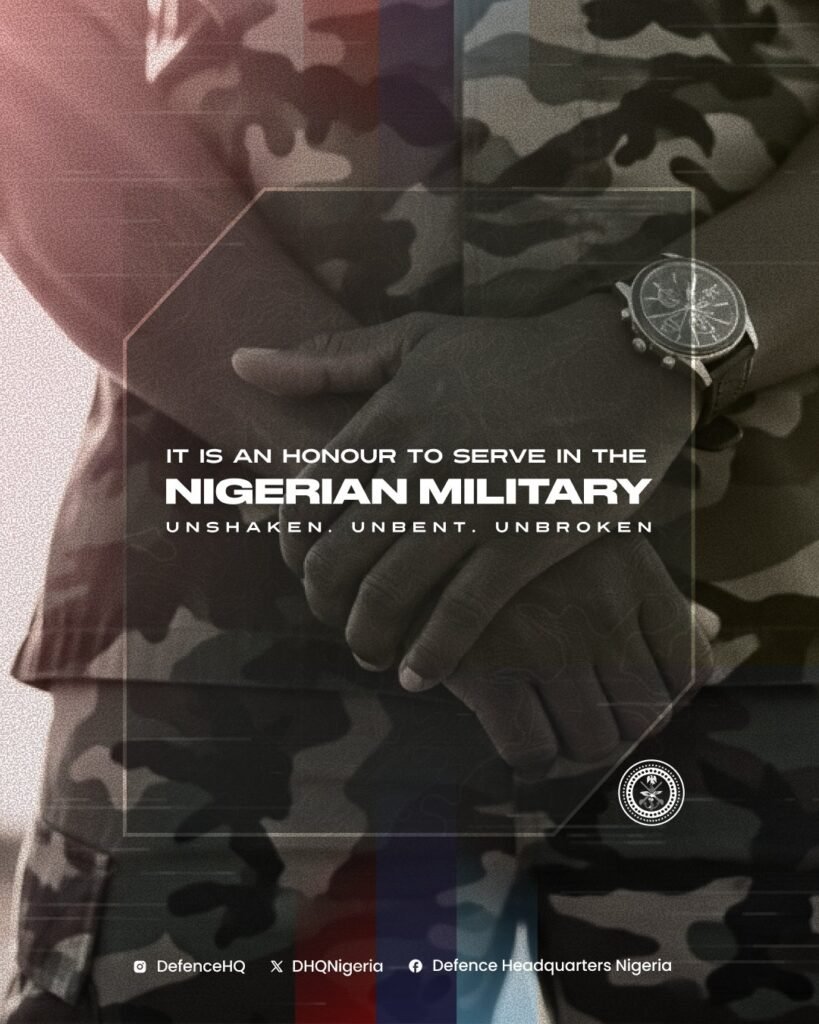The public altercation between the Minister of the Federal Capital Territory (FCT), Nyesom Wike, and Army Lieutenant A.M. Yerima has set off a nationwide storm of opinions, revealing deep divisions among Nigerians over the balance of civilian authority and military discipline.
What began as a confrontation over a disputed plot of land in Abuja’s Gaduwa District, masking itself as a debate about respect, governance, and politics, may be dividing commentators according to their political and geopolitical leanings.
Videos from the scene showed Wike shouting at the soldier, accusing him of blocking FCTA officials from entering the property.
The soldier, reportedly acting on the orders of former Chief of Naval Staff, Vice Admiral Awwal Gambo (retd.), insisted he was simply obeying instructions.
The clash has since become a trending topic on X, dividing the public between those who view Wike as enforcing the law and others who see his outburst as reckless abuse of power.
Outrage Against the Military: “No One Is Above the Law”
Some Nigerians condemned the soldier’s action, describing it as a dangerous affront to civilian rule.
A lawyer, Akinyemi Rahman, wrote on X that “using armed forces to stop public officials from doing their jobs is dangerous and unacceptable.”
He warned that applauding the soldier simply because people disliked Wike amounted to endorsing impunity. “If soldiers can be used this way against the FCT Minister, they can be used against anyone,” he added.
Human rights lawyer Dele Farotimi also faulted the growing praise for the military officer. He described it as “fraudulent patriotism,” saying Nigerians were applauding impunity because it embarrassed a politician they disliked.
Others, like @OsosaChris, reminded that Wike, as FCT Minister, is legally the custodian of Abuja lands. “No military order or authority can hinder him from accessing any land in the FCT. The officer’s action must be punished to uphold the rule of law,” he said.
Another user, @OmotayoSolomo10, argued that Wike was within his rights: “The FCT Minister has powers to revoke any property without documents. Even the President must comply with the law. No one is above Wike in the FCT.”
Such comments reflect a strong belief that the incident symbolises a serious symptom of a growing disregard for institutional authority and the rule of law.
Backlash Against Wike: “Bully Meets His Match”
However, not everyone sympathised with the minister. Some Nigerians accused Wike of arrogance and abuse of office, arguing that his verbal attack on the uniformed officer was unjustified.
Former Chief of Army Staff, Lieutenant General Tukur Yusuf Buratai (rtd.), condemned the minister’s conduct, describing it as “a reckless act that threatens national security.”

In a public statement, Buratai warned that “a minister’s verbal assault on a military officer in uniform is an act of profound indiscipline that undermines the chain of command and disrespects the Commander-in-Chief.”
He demanded that Wike publicly apologise to President Bola Tinubu, the Armed Forces, and the officer.
Former Aviation Minister Osita Chidoka also criticised Wike’s conduct, arguing that he overstepped his role. “In constitutional democracies, power operates through institutions, not impulse,” he said.
“No matter how justified a grievance, a minister cannot become an enforcer.” Chidoka called Wike’s outburst “a fundamental misstep” that eroded the dignity of his office.
Businessman Isaac Fayose mocked the minister, saying, “Wike don meet person wey senior am. Bully don meet bully.”
His comments resonated with many online users who believe the minister’s attitude toward subordinates often borders on authoritarian.
Political Undercurrents: Old Fault Lines Reopen
The altercation has also exposed Nigeria’s long-standing political and regional biases. A Lagos State chieftain of the ruling All Progressives Congress (APC), Joe Igbokwe, took to Facebook to suggest that the controversy was being amplified because Wike, a southerner, occupies a position traditionally held by northerners.
“For over 30 years, FCT ministers have come from the North. The moment a Southerner became Minister, hell was let loose,” he wrote.

For many observers, the debate has less to do with the rule of law and more with political leanings.
Supporters of the opposition PDP, which Wike left in ruins and aligned with the APC-led government, have accused him of “tasting his own medicine.” APC loyalists, however, argue that the confrontation is an orchestrated attempt to embarrass one of Tinubu’s key allies.
The Defence Headquarters later posted a cryptic message on its verified social media handles, stating that “it is an honour to serve in the Nigerian military,” a remark that some interpreted as subtle disapproval of Wike’s language during the exchange.

As the dust settles, Nigerians continue to debate one core question: Who truly crossed the line — the uniformed officer who defied a serving minister or the minister who publicly humiliated the military?
And beyond the noise, what does this incident reveal about how fragile the relationship between civil authority and military power is in Nigeria’s democracy, and how easily our perception of reality is tainted by our ideological or partisan preferences?
Rate, Like 👍, Comment 💬, Share this article, Follow us on our social media handles, and Submit your own story to get featured and earn rewards!







